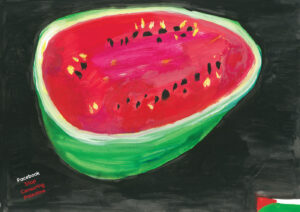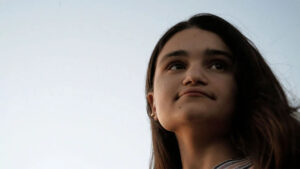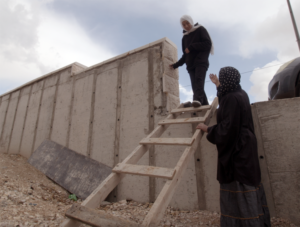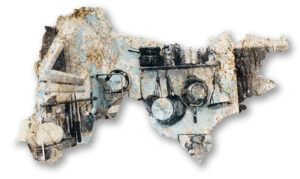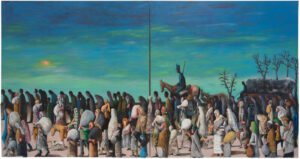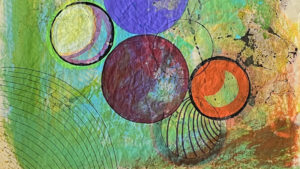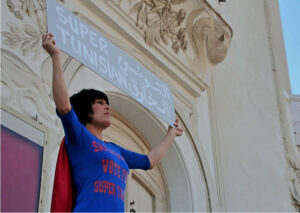Israel's deliberate attacks are taking a toll on southern Lebanon, posing a threat to civilian lives as well as incurring serious repercussions on the economy and the livelihoods of thousands of farmers and agricultural workers, who are already struggling with Lebanon's prolonged economic crisis since 2019. This is an updated version of the essay first published by the Tahrir Institute for Middle East Policy (TIMEP).
Since the beginning of Israel’s war on Gaza, Israel and several factions in Lebanon, primarily Hezbollah, have been exchanging fire near Lebanon’s borders to the south. Israel has targeted several Lebanese villages, particularly residential buildings in numerous towns such as Mais al Jabal, Khiam, and Naqoura, amongst others; community infrastructure, such as the Saint George Church in Yaroun; and a variety of green land, which includes forests, open green areas, and most importantly, agricultural lands, in Aitaroun and Kfarkela, among other villages. According to the International Organization of Migration, over 89,000 individuals were officially displaced from bordering towns in south Lebanon as of February 22. At least 42 civilians have been killed by Israeli shelling in Lebanon, including sisters Remas, Taleen, and Lianne Chour and their grandmother, whose car was targeted as they were fleeing southern Lebanon for Beirut to escape the shelling of their village, as well as journalists Issam Abdallah, Farah Omar, and Rabih Al Maamari, who were killed on two separate occasions while reporting near the border.
Israel’s deliberate attacks on southern Lebanon directly threaten the lives of civilians, while also posing serious threats to the economy and livelihoods of thousands of farmers and agricultural workers, whose crops and lands have been facing incessant shelling. As a result, even those whose lands have not been scorched by the strikes have halted their harvests or abandoned their lands, fearing for their safety.
This adds yet another layer to the strife that the agricultural sector and farmers have been experiencing amidst Lebanon’s protracted economic crisis since 2019, incurring even more environmental and economic damage to the state in both the short-term and the long-term.
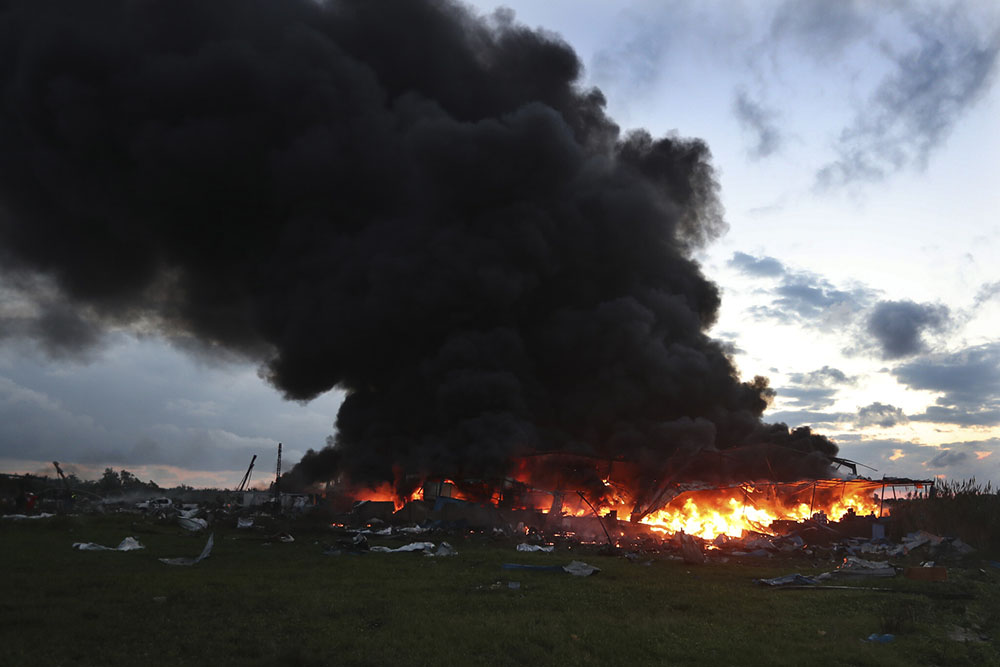
What are the weapons being used?
During the past five months, Israel has attacked border towns in southern Lebanon and beyond, recently striking the town of Baalbek in the Beqaa Valley, deep into the eastern part of the country. They have used a variety of weapons, primarily flare bombs, artillery strikes, and white phosphorus bombs.
Flare bombs and white phosphorus bombs are forms of incendiary artillery, mostly used to mark targets, signal, or create smoke screens. Customary international law requires that all parties to a conflict take all precautions possible to avoid harming civilians when using incendiary weapons. Furthermore, although incendiary weapons are typically not directly banned by international humanitarian law, Protocol III of the Convention on Conventional Weapons (CCW), which Israel is not a party to, prohibits their use in “concentrations of civilians.”
The reservations around the use of incendiary weapons stem from the dangers they are likely to cause. Both flare bombs and white phosphorus can cause major fires and release components into the air, water, and land that are widely considered toxic. And though flare bombs are dangerous, white phosphorus is uniquely vicious. Ignited when exposed to oxygen, white phosphorus burns until it is deprived of oxygen. As such, it burns thermally and chemically, causing third-degree burns, piercing human muscle and bone, and causing a slew of other health issues, such as organ failure, disabilities, and more. Both Amnesty International and Human Rights Watch have documented the use of phosphorus in southern Lebanon and Gaza in October and November 2023, deeming it unlawful and as “posing a great risk to civilians.”
This is not the first time Israel has used incendiary weapons, particularly white phosphorus, in its attacks on Lebanon. The American University of Beirut’s Nature Conservation Center has identified four other instances in which Israel used this weapon. It was first fired during the Israeli invasion of Beirut in June 1982 on buildings and civilians around the capital, then during the Seven Day War on villages in southern Lebanon in July 1993; during “Operation Grapes of Wrath” on civilian homes in southern Lebanon in April 1996, and finally during the July War against civilian targets in southern Lebanon in 2006. However, this year is different, in that it marks the first time that agricultural areas in Lebanon have been this openly and extensively targeted. Israel seems to be deliberately maiming green areas free of any military targets, such as agricultural land in Deir Mimas, in an effort to incur serious environmental and economic damage.
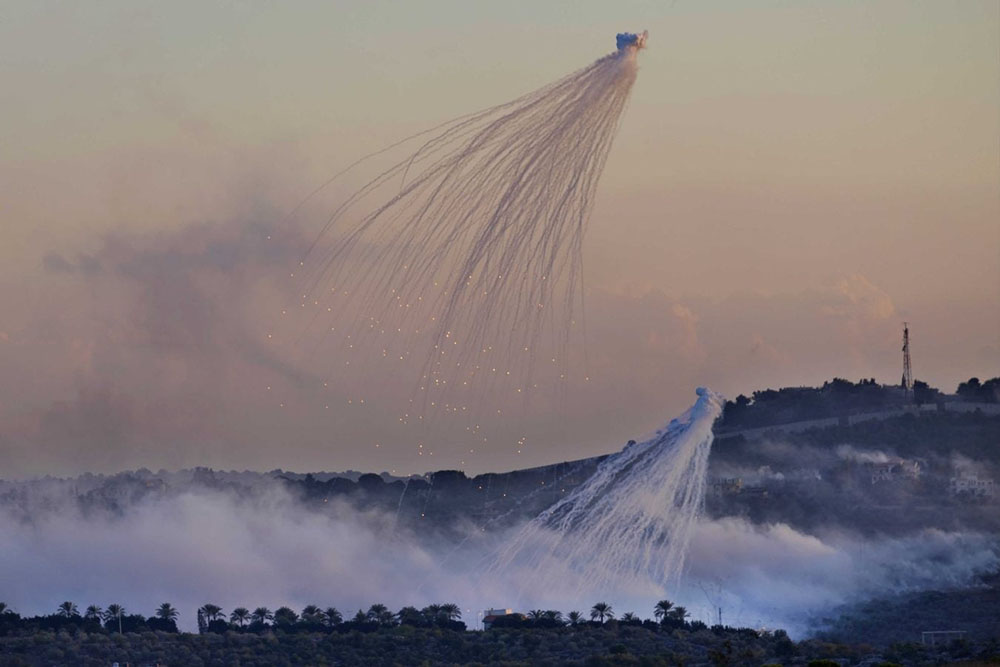
Agricultural targets
Lebanon’s southern governorate enjoys rich agro climatic conditions, crowning the region as a highly-productive area for a variety of produce. The south grows 22 percent of Lebanon’s fruit and citrus, 38 percent of the country’s olives, and cultivates vast crops of tobacco. All these crops generate vital income for local communities in the south, and particularly in border villages.
The aggressions on the border have severely impeded harvesters, as many were forced to flee for safety, subsequently halting their farming and cultivation of crops, and has acutely affected olive production in its most vital season of the year. In addition to a fear for farmers’ safety, many crops were destroyed as a result of the airstrikes. Ground surveys completed by the National Council for Scientific Research (CNRS), showed that by November 16, 5,140,000 square meters of land had been scorched using white phosphorus and flare bombs in the south, including 123,930 square meters of olive trees. To put things in perspective, bordering towns in the south produce 5,000 of the 25,000 tons of olive oil produced yearly in Lebanon. As such, the losses incurred during the current bombings can affect up to one fifth of the national olive production profits — which amounted to nearly $23 million in exports in 2020 — whether it be due to burnt groves or unharvested lands as a result of displacement.
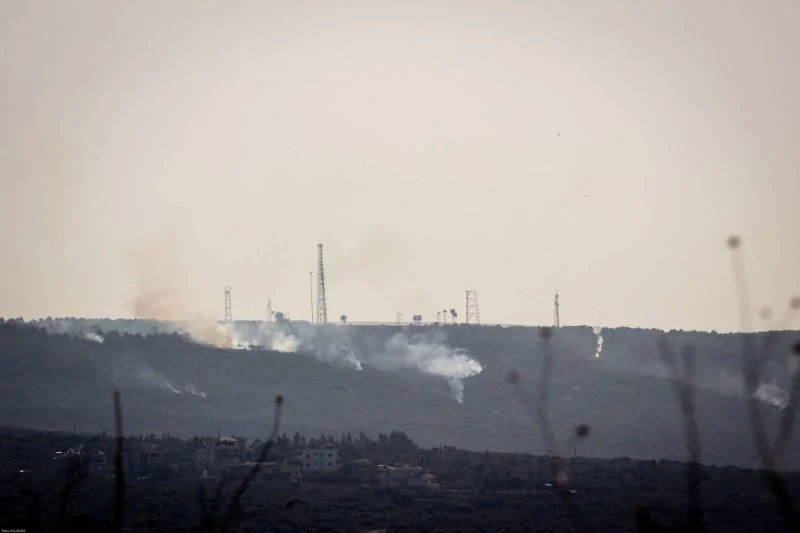
Economic effects
According to Dr. Hisham Younes, head of Green Southerners, an environmental NGO in Lebanon, farmers suffer immensely as a result of the Israeli shelling of agricultural lands: “Farmers in the affected areas face severe repercussions, as they rely heavily on these lands for their livelihoods, primarily through agriculture, and mainly through olive cultivation. Using white phosphorus bombs is a systematic attempt to destroy woodlands and agricultural areas, compromising the livelihood and sustenance of local communities.”
Prior to the war, farmers had already been considered amongst the most vulnerable occupational groups in Lebanon. While all sectors of the economy have undoubtedly been affected by the economic and financial crisis of the past few years, the agricultural sector has been hit quite hard: after being neglected over the past few decades, it has become partially paralyzed following the beginning of the 2019 crisis, unable to improve its contribution to individual livelihoods, food security, and social development in Lebanon. As agricultural production threatened to plunge by a staggering 70 percent in 2022, many farmers have since been forced to abandon their crops, unable to sustain themselves or the land that was supposed to sustain them. The presidential vacuum and subsequent caretaker government have made it hard to enact substantial change, pushing the sector into an even more marginalized condition.
Because agricultural work is considered informal, over 75 percent of workers in this sector are not registered with the National Social Security Fund, meaning that they have no health benefits, insurance policies, nor even social security benefits which may qualify them to receive compensation should disasters occur and hinder their crops and livelihood in any fashion. This, combined with the financial crisis, means the harm caused by the Israeli shelling of agricultural lands in southern Lebanon only exacerbates an already potent issue. The looming possibility that farmers are most likely not going to be compensated for their losses due to the shelling has begun to bubble to the surface, throwing farmers from affected areas into an even wider cycle of instability and precarity than ever before.
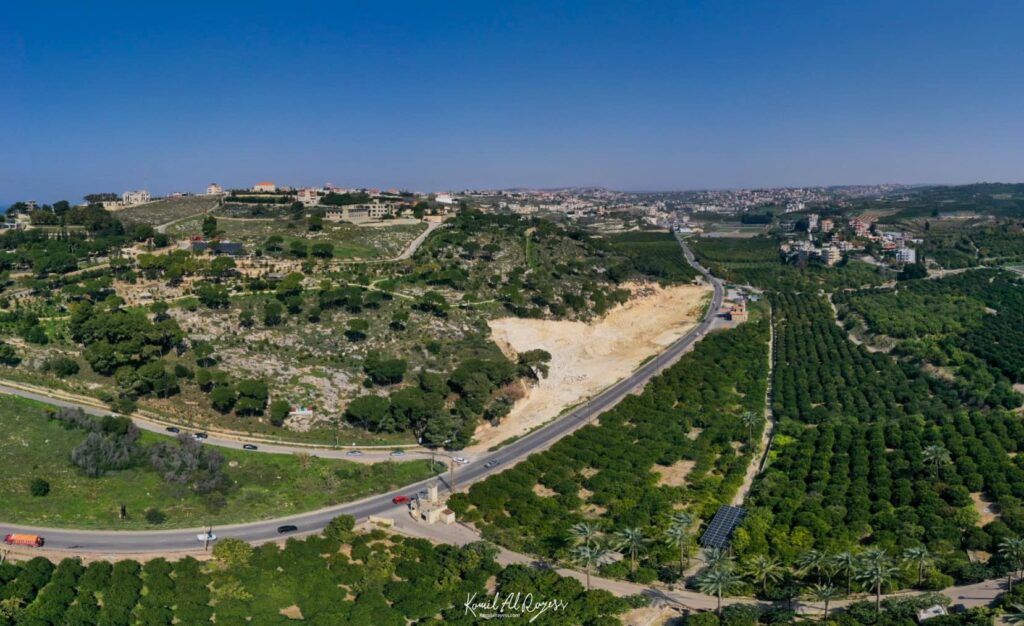
Environmental effects
The economic damage inflicted by the white phosphorus bombs and artillery shelling is also accompanied by numerous threats and dangers to Lebanon’s environment which will most likely have long-lasting effects beyond any short-term cessation of hostilities. “The white phosphorus attacks are contributing to the destruction of Lebanon’s biodiversity,” Ayman Dandash, Board Advisor at Lebanon Eco Movement, told TIMEP. “Some of the olive and citrus groves they targeted were decades old. Now, all of this is gone.”
Since white phosphorus burns as long as it is exposed to oxygen, it is hard to put out, resulting in large amounts of land being scorched until civil defense members are able to reach the area and extinguish it. It must be noted that Lebanon’s civil defense, a public emergency medical service that conducts emergency fire-fighting responses among other things, is severely underfunded, with most of its members functioning on a volunteer basis. This unfortunately means they do not have the proper resources required to fight any disasters, be they natural or man-made.
Additionally, though many crops may have not been directly burned by white phosphorus, they have still been affected due to toxic chemical components infiltrating the soil or traveling through the air. White phosphorus releases phosphoric acid into the ground, diminishing the soil’s fertility for future plant growth, and exposing the land to a risk of erosion. Remnants of toxic compounds may remain in the soil for years on end, and become a semi-permanent feature of their ecosystem. Existing crops are contaminated, as well as ground aquifers and other bodies of water, affecting animals and humans that either consume the water directly, or consume crops that were irrigated using this water. Indeed, on October 29, almost three weeks after the bombing of the south started, reports emerged of farmers in the south feeling unwell after they had eaten produce from crops that were unharmed, yet in the proximity of the phosphorus bombs.
Challenges for restoration
The scorching effect of the fired artillery, coupled with the toxins white phosphorus releases into the air, ground, and water, carries serious implications for Lebanon’s agricultural sector and its farmers based around the affected areas, especially within the broader destructive economic and political context. Though restorative activities may be the first line of reaction in the face of natural or war-inflicted disasters, the governance and economic issues Lebanon is dealing with are likely to impede the application of such efforts.
“Replanting the lands may be possible, but it comes with gruesome challenges. It involves cleaning the damaged vegetation and assessing the soil and water for contamination, which is highly likely given the scale and intensity of white phosphorus use in the affected areas. Financial and technical restorative efforts are required to restore full productivity. So far, economic losses are substantial,” Dr. Younes told TIMEP.
One thing that is certain is the undeniable multi-dimensionality of the conflict. Beyond the physical dimension of the current war exists an economic and environmental dimension that cannot, and must not, be ignored. Hence, as agricultural lands are targeted and civilian lives and livelihoods are put in harm’s way, the international community must invoke international humanitarian law to address the other aspects of the war and to prevent further damage from being done to Lebanon’s economy, agriculture, and environment for years to come.
This is an updated version of the essay first published by the Tahrir Institute for Middle East Policy (TIMEP) on Nov. 28, 2023.



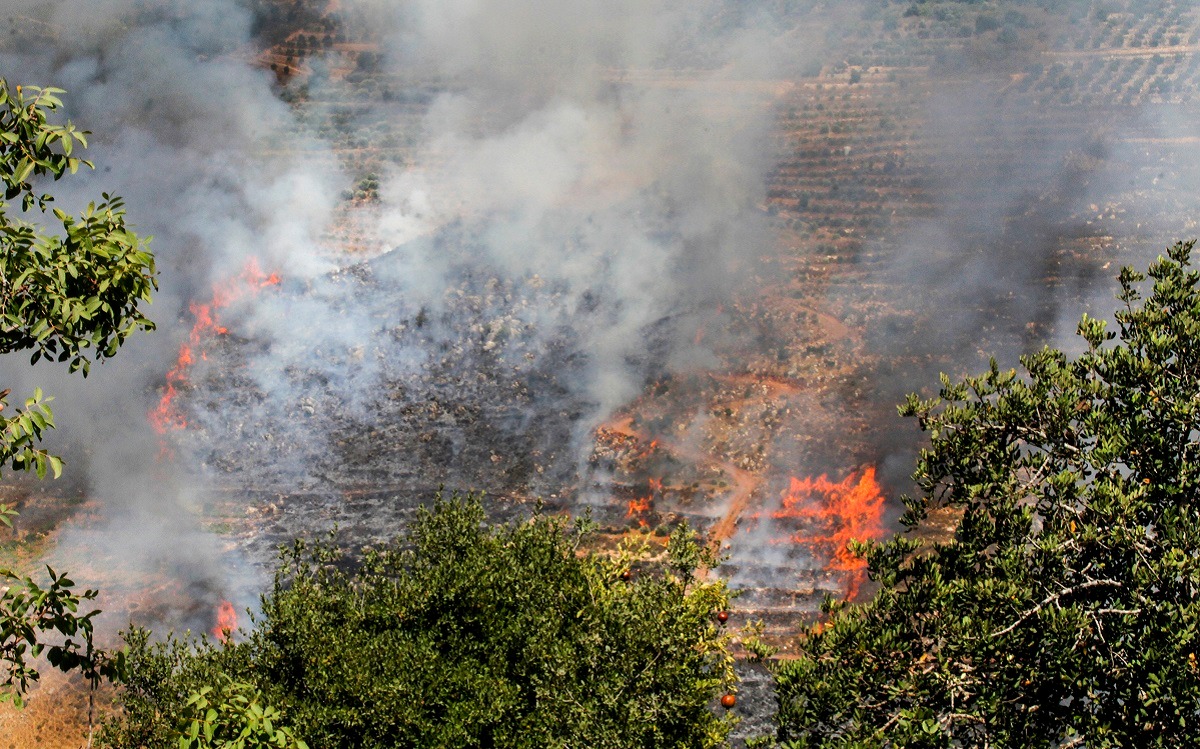














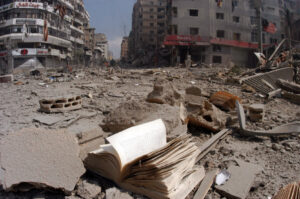




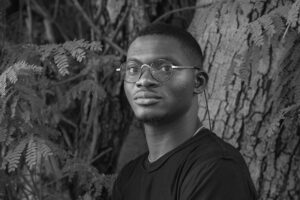

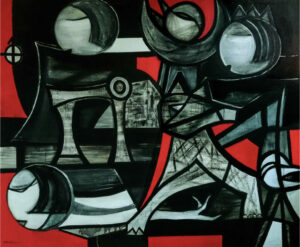



![Ali Cherri’s show at Marseille’s [mac] Is Watching You](https://themarkaz.org/wp-content/uploads/2025/09/Ali-Cherri-22Les-Veilleurs22-at-the-mac-Musee-dart-contemporain-de-Marseille-photo-Gregoire-Edouard-Ville-de-Marseille-300x200.jpg)




































